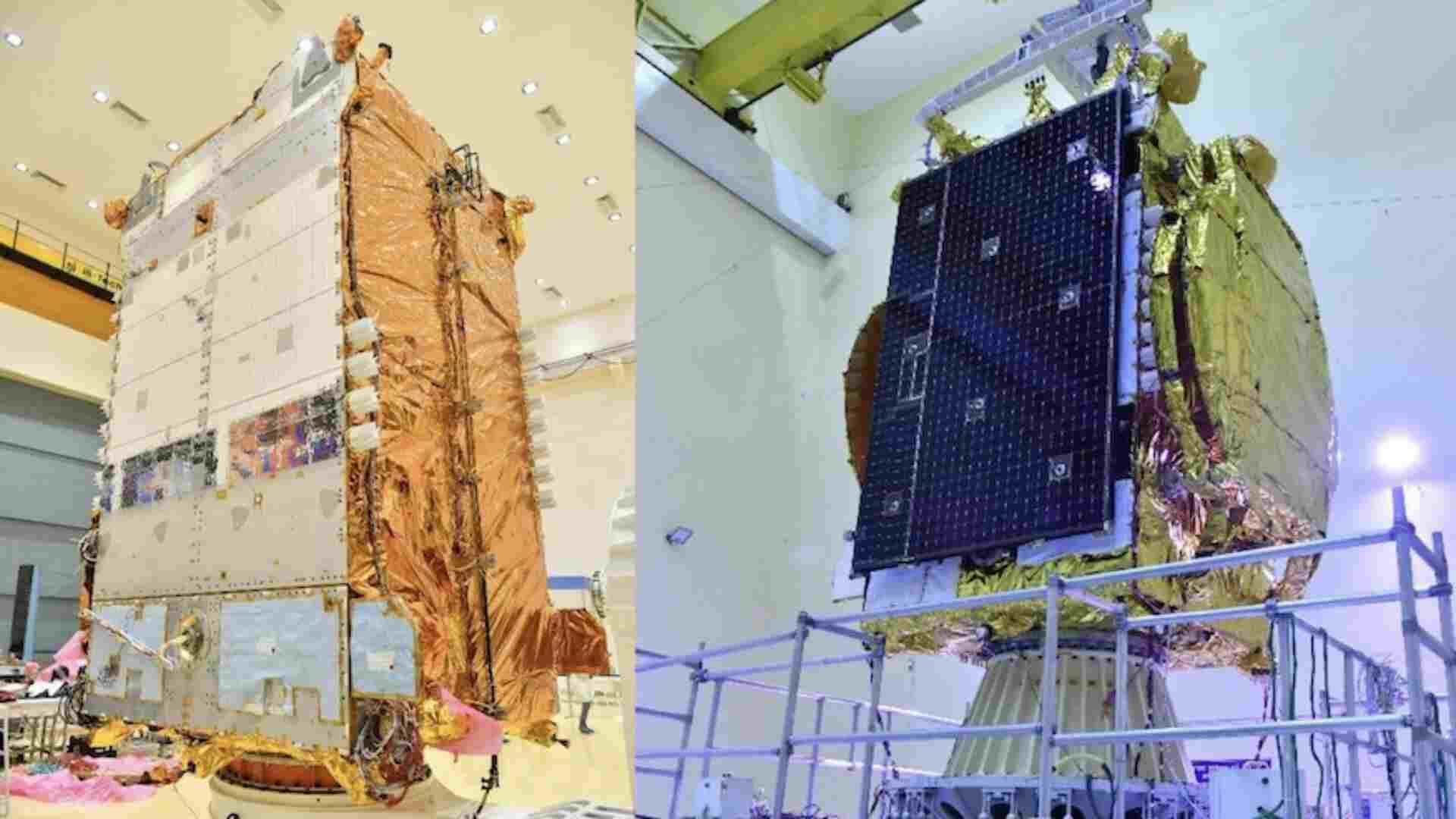At midnight on Tuesday, the Indian Space Research Organisation’s (ISRO) most advanced communications satellite, GSAT N-2 (or GSAT 20), will embark on a 34-minute journey into outer space aboard SpaceX’s Falcon 9 rocket. Designed to provide broadband services in remote areas and in-flight Internet for passenger aircraft, the 4,700 kg fully commercial satellite will launch from Space Complex 40 at Cape Canaveral, Florida. The launch pad is leased by SpaceX from the US Space Force, the military branch established in 2019 to safeguard American space assets. GSAT N-2 has a mission life of 14 years.
The countdown will begin at 11:46 pm on Monday, with lift-off scheduled for 12:01 am on Tuesday. SpaceX will broadcast the launch live on its X account. If delayed, the launch will be rescheduled for 3:03 pm on Tuesday, within the one-hour-and-50-minute launch window.
This marks the first time ISRO is launching a satellite via SpaceX through its commercial arm, New Space India Limited (NSIL). It is also ISRO’s first satellite to utilize the Ka band frequency exclusively, a high-frequency range (27-40 GHz) that offers greater bandwidth capabilities.
Must Read: The Curious Tale of a ‘Banana Sticker’ on SpaceX’s Starship Rocket
Indian space officials are already stationed at Cape Canaveral to oversee the mission. They have secured a dedicated launch, with no co-passenger satellites on the flight.
The launch will use a standard Falcon 9 Block 5 rocket, a two-stage vehicle measuring 70 meters in length and weighing approximately 549 tonnes. Capable of lifting 8,300 kg to geosynchronous transfer orbit and 22,800 kg to low Earth orbit, Falcon 9 is a partially reusable rocket. SpaceX states, “this will be the 19th flight for the Falcon 9 first stage booster supporting this mission. After stage separation, the first stage will land on a drone ship, which will be stationed in the Atlantic Ocean.”
Once the satellite reaches its orbit, ISRO’s Master Control Facility in Hassan will take over and raise GSAT N-2 to its designated position, 36,000 kilometers above India.
Falcon 9 boasts an impressive record of 395 launches, with only four failures, achieving a success rate of 99%. Experts estimate the cost of a dedicated Falcon 9 launch at approximately $70 million.
Also Read: Elon Musk’s ‘Trump Card’: India’s Advanced Satellite Launch From US with SpaceX







